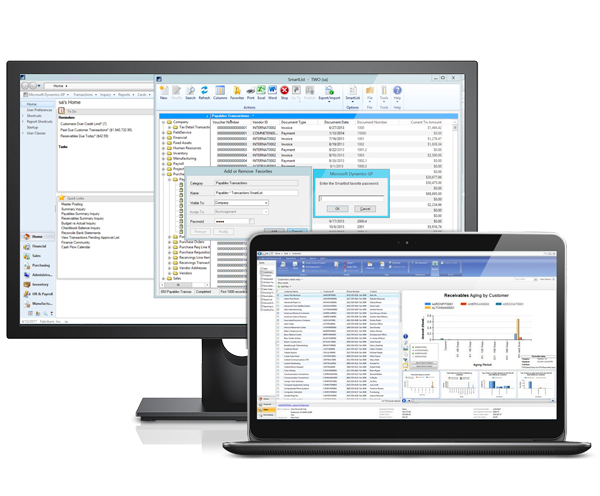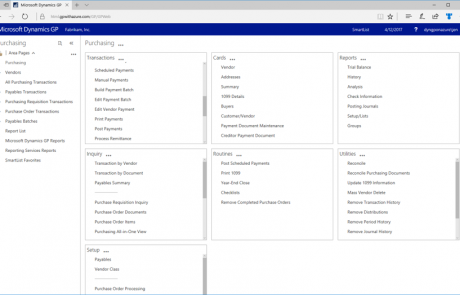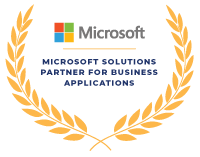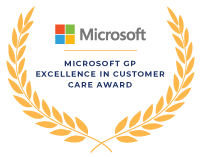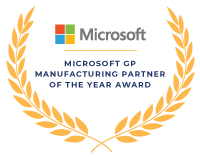Proven Tools for Every Team Across Your Business
From finance to operations to HR, give every department the tools they need to do their best work.

Popular Integrations
Extend Dynamics GP’s capabilities through its extensive community of software partners.
What is Happening with Dynamics GP?
Microsoft has announced version 18.5 will be the final update for Dynamics GP. While the software will receive routine maintenance, no new features are coming to GP. Microsoft’s priority has changed, with the software company focusing on its cloud software instead of legacy on-premise systems.
Options for Dynamics GP Customers
For current Dynamics GP customers, this may not seem like cause for concern—after all, existing users on active enhancement plans can continue to enjoy Dynamics GP after the April 1, 2026, deadline. But Microsoft’s move away from GP means limited support and an increased chance of integrations and customizations breaking. That equates to more money spent keeping Dynamics GP afloat. If you’re a Dynamics GP user who doesn’t want to be left in the dust, you have options. Check out Cargas’ top three recommendations for current GP customers:
Upgrading Systems to Keep Pace with Changing Times
“Cargas had been supporting us since the beginning with GP […] and the cloud is obviously a big plus”
—Jamie Giuliani, Director of Finance, PF America
Dynamics GP Migration Options
Whether you want to reap the benefits of Microsoft’s cloud ERP or get down and dirty with financial management software, a switch from Dynamics GP is possible. Let’s figure out your software swap style.
Not sure which is the best fit? Contact a member of our team to review your options.
Recognition from Microsoft
Explore Our Dynamics GP Resources
Recent Articles
Check out our blog for helpful information about the role technology plays in finance and operations.
Has Dynamics GP Reached End of Life?
For a few years now, we’ve been talking to our Microsoft Dynamics GP customers about their plans for migrating their technology to the cloud.
Dynamics GP Migration Guide
Download our Dynamics GP Migration Guide and learn the steps to take for a seamless migration.
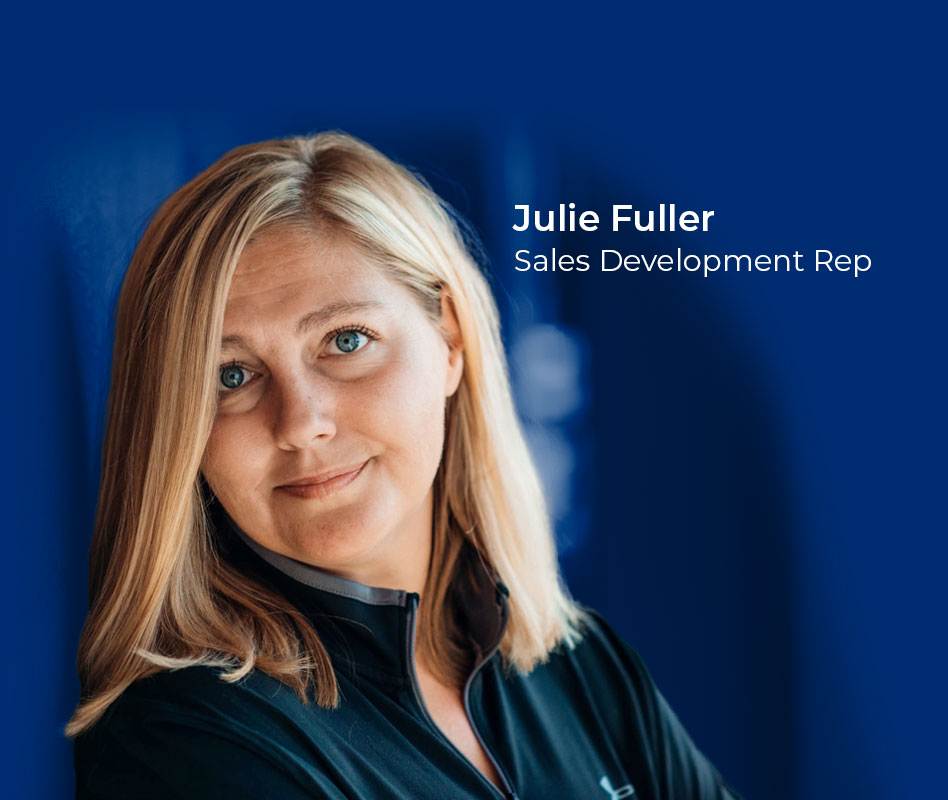
Let’s Chat
Still have questions? Get in touch with our expert team of software professionals.
